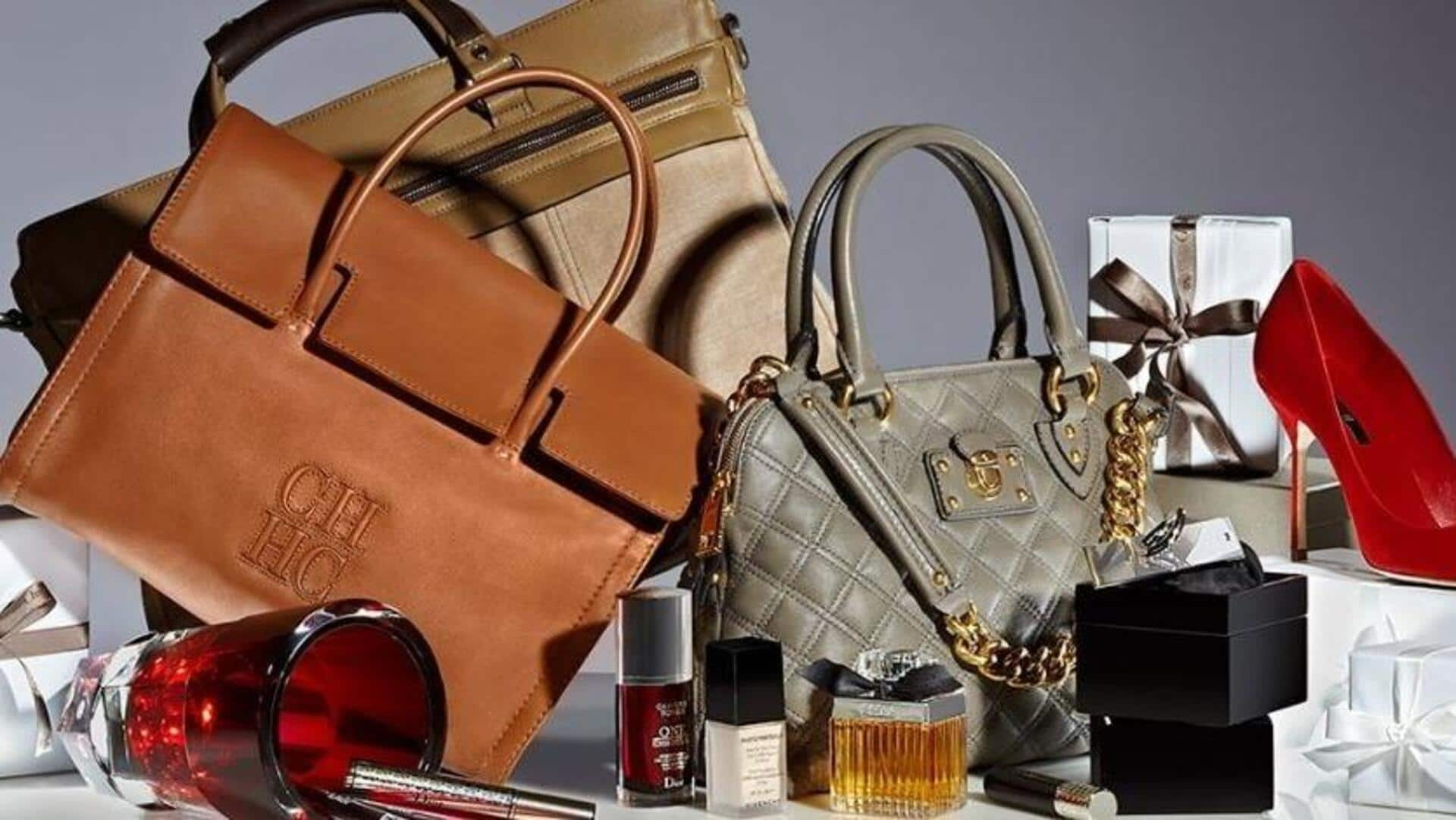
Luxury goods sector down a whopping $200B. Reason? Chinese economy
What's the story
Luxury brands are experiencing a significant downturn as China's economic growth decelerates, and Beijing cracks down on wealth display. Profit warnings from Burberry and Hugo Boss, coupled with a 27% drop in quarterly sales in mainland China, Macau, and Hong Kong from Richemont, underscore the weakening Chinese market. Consumers in the country have curtailed spending on high-priced items, contributing to a slump that has wiped nearly $200 billion off the sector's value in recent months.
Market analysis
China's luxury spending downturn: A global impact
According to Bain, a consultancy firm, China accounted for 16% of global luxury spending last year, totaling $393.8 billion. However, an extended property slump and job insecurity have slowed economic growth more than anticipated, in the last quarter. Analysts and executives caution that this downturn in luxury spending is unlikely to reverse this year. "China is in the repair shop," Bernstein analysts said after a recent visit to the country.
Future predictions
Luxury sector's bleak outlook
The second-quarter earnings season for the luxury sector had low expectations, but a series of dismal reports have quashed hopes of a recovery in the second half. Richemont's quarterly sales report confirmed fears about lackluster demand in mainland China, as noted by Bernstein analysts. Bain predicted earlier this year, that 2024 would be the weakest for the global luxury market since the height of the pandemic.
Consumer trends
Shift in Chinese consumer behavior
China's wealthiest individuals are now favoring more discreet fashion over flaunting their wealth, a shift that has spooked investors and wiped $180 billion off the sector since March. LVMH, Europe's second most valuable listed company until it was overtaken by ASML in June, accounted for about $85 billion of that loss. JPMorgan analysts stated that signs of improving business are needed to support expectations for the second half of the year.
Results
What about LVMH?
LVMH claimed its Asian sales (including China but not Japan) fell 14% in the three months to the end of June. The overall revenue growth for the world's biggest company for luxury goods, during that period had also slowed down to just 1%.
Watch
Luxury brands await signs of recovery
Flavio Cereda, co-manager of GAM's luxury brands investment strategy, said he was still awaiting any sign of a pickup in discretionary spending. The fund owns luxury stocks including Ferrari, Hermes, Richemont, LVMH, and Prada.
Brand performance
High-end brands show resilience
Despite the overall downturn, luxury brands at the top end of the market are currently faring better. Birkin bag maker Hermes is expected to post 13% sales growth for the second quarter. Italian luxury label Brunello Cucinelli also reported first-half sales growth of nearly 15%, thanks to its focus on high-end shoppers in China. Kering, however, is expected to post a 9% drop in second-quarter sales.